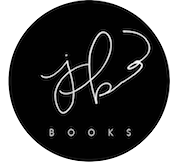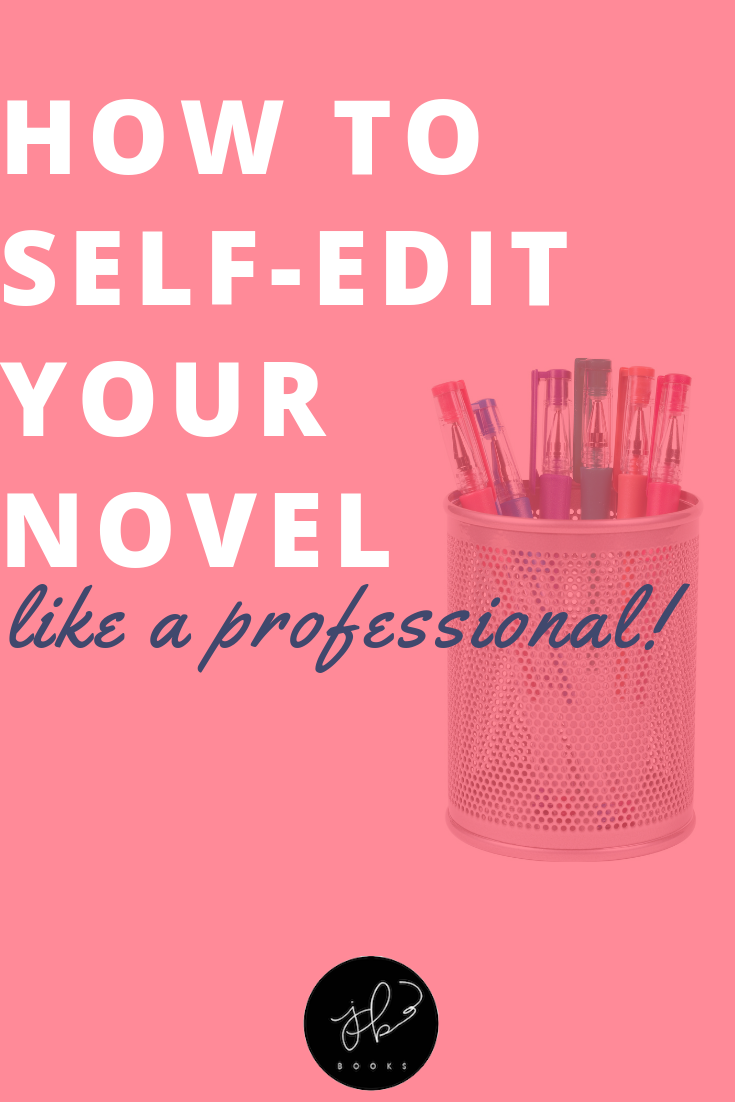And it's Monday again, my friends. I hope you're fully caffeinated, because I've got a serious post for you today. Have you written a novel? If so, you know that there are some days when you look at all of those carefully chosen words and think: I really made this? Okay, that's every day.
But what about if you're not quite there yet? What if you're mid-novel, mid-chaos, mid-headache? Well, that was me just a few months ago. Staring at the screen. Thinking everything sounded terrible. Thinking I'd never actually finish. But miracle of miracles, I did. And you can too.
Here's some of my best first novel advice, in ten snapshots of learned lessons:
On Writing...
1. First Drafts are generally garbage. If you're one of those lucky few with a magical touch that turns words into gold, good for you. But since I wrote my whole first draft on paper, I could barely make out what I'd written. First drafts are where you want your mind to wander, explore and drift. It's okay to feel lost. You're probably going to change it all anyway.
2. You actually have to put words on paper. Sometimes, "writing" means staring into space, hopping on Twitter and talking about writing. This will get you nowhere. Setting a writing schedule allows you to maximize your time and gets you that much closer to completing your novel. And remember, free-writing is your best friend.
3. Characters don't always play nice. When I started writing These are the Moments, I thought I had a good grasp on who these characters were. But when I tried to force them into settings or plot lines, they usually veered off the path. Characters play by their own rules. It's your job to let them. Sentences like those are what make non-writers think we're crazy.
On Editing…
4. Editing is the devil's greatest secret. You finish your first draft, and you're feeling pretty good. You have a book, mostly. You think you're awesome. And then you read it. The characters are all over the place. Plotholes the size of craters litter your manuscript. And you're this close to giving up. But then you read this article, and the world gets a little brighter.
5. Hire an Editor Friend. Editors are writers' greatest weapons, apart from erasers and naps. When I found Tanya Gold, I knew she and I were the perfect match. Not only was she excited to work with me, but she was excited about the work itself. This was a huge advantage for me, and it made working with her fun and beneficial. Learn how to find a freelance editor here.
6. Beta Readers, Beta Readers, Beta Readers. Maybe you're stuck between drafts. Maybe your characters are all wrong, your dialogue seems dry or you need help picking an ending. Don't stress! Find people you trust to give your manuscript a quick read. Here's how to find beta readers for your novel.
On (Self) Publishing...
7. Take your time. If you're looking for first novel advice, this is key. When it comes to publishing your own novel, take the time to do the research. What's an ISBN? Which platform should you use? How do you format an ebook for Kindle? All of these are answers you need to know. Debating on traditional vs. indie publishing? Here's a quick guide for you.
8. Build Your Author Platform. If a book publishes to no audience, is it really a book? (Yes, it is.) However, it helps to have a solid base to start. Learn how to connect with readers through social media, so that when the time comes to publish, your name is already out there. I started blogging over a year ago, and have grown my blog by writing a blog series, accepting guest posts and maximizing my SEO.
9. Marketing, Marketing and Marketing. This goes hand in hand with building your author platform, but remembering that you and your book are two products of a single brand is imperative. Developing your products and finding new ways to reach readers is crucial. What unique quality sets you apart from the crowd? Learn more about marketing for writers in this article.
And a bonus...
10. Writing is a calling, a habit and a passion. When I first started writing, it was a hobby. A way to tap into my very active imagination. But now, it's developed into so much more. Writing is something that I have to practice at in order to improve. Writing is often tedious and stressful, but fulfilling and exciting. If you're lucky enough to call yourself a writer, recognize your talent and appreciate it.
Discussion Time: What have you learned from writing a novel? What do you hope to learn? What do you know now that you wish you'd known when you started writing?







